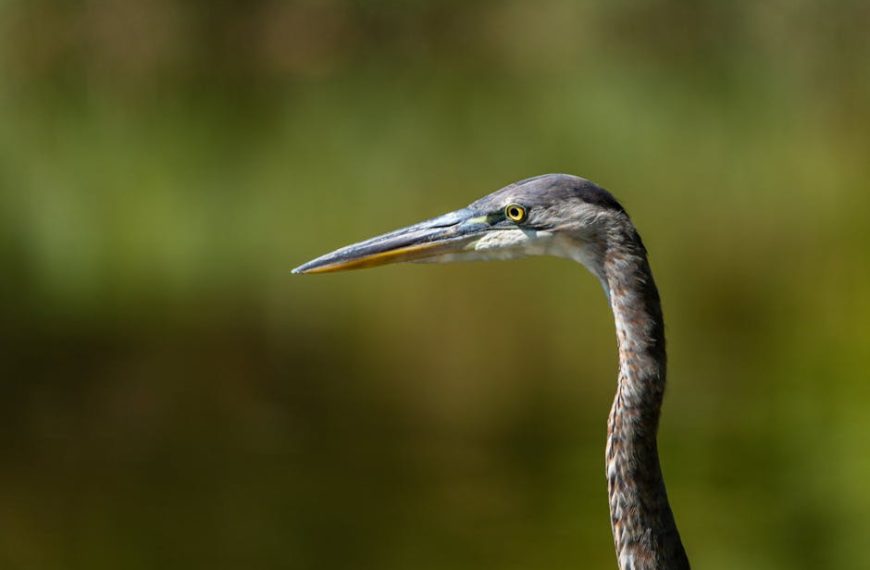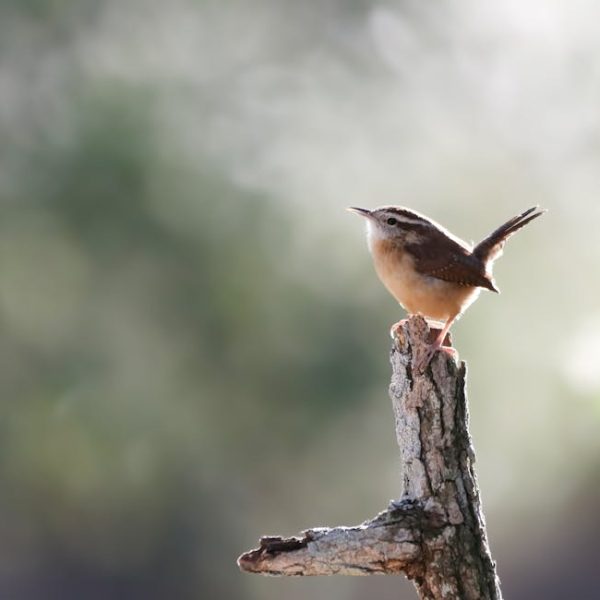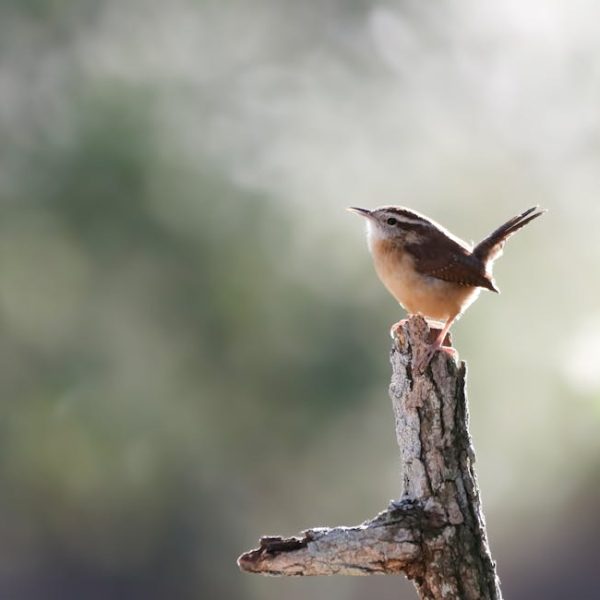Indeed, bird songs can be tranquil and soothing, painting a serene portrait of nature. However, there are days when these melodies become excessively loud or irritatingly repetitive, transforming a once tranquil atmosphere into a jarring reality. Grappling with such occurrence need not be an exasperating chore, as there are several practical approaches to reduce or eliminate bothersome bird chirps. Let’s unravel these methods, focusing on the identification of different types of bird chirps, deterrents, adjusting the birds’ environment, controlling bird population, and exploring bird chirping solutions and products.
Identifying Different Types of Bird Chirps
It’s important to note that birds don’t arbitrarily chirp; every chirp carries a message. Birds use their vocals to express various sentiments, including warnings, territorial disputes, mating calls, and group chatter. The primary concern arises when these sounds become excessively loud or repetitive, leading to annoying sensations for humans.
- The songbirds often render a love song to woo their mates, but the same mellifluous tones could sound repetitively annoying to some listeners.
- Crows and magpies communicate a raucous warning to their flock, creating a cacophony of cawing that creates a far from harmonious chorus.
- Seagulls squawk in territorial disputes echo loudly and frequently, effectively ensuring peaceful co-existence.
Here are some bird species and the general connotation behind their chirping:
| Species | Chirping Reason | Level of Annoyance |
|---|---|---|
| Sparrows | Communicate within groups | Moderate |
| Crows | Warning Alarm | High |
| Songbirds | Mating Calls | Moderate |
| Seagulls | Territorial Disputes | High |
Deterrence of Chirping Birds
Not all birds are captivated by the aesthetics of your yard; many are driven away by potential threats or unsuitable habitats. Hence, suitable deterrents can be employed to make your surroundings less appealing to birds. These deterrents can be natural or artificial, and they rely on birds’ instinctual fear and discrimination of particular sights, sounds, and objects.
Pro tip: Position deterrents around your yard strategically, taking into consideration the birds eye view as well as it offers them a different perspective.
Some effective deterrents include:
- Fake predators: Birds have innate instincts to steer clear of predators. Lifelike statues of predators can keep annoying birds at bay.
- Sonic deterrents: Devices that emit sounds of predators or distress calls of the same bird species can prove effective.
- Reflective objects: Bright, glare-causing objects can disorient birds and discourage them from spending time in close proximity.
- Physical barriers: Bird netting and spikes discourage birds from nesting in certain areas.
It’s also crucial to remember that deterrents should cause no harm to the birds whatsoever; the goal is deterrence, not harm. Next, we will discuss how changing the birds’ environment can help stop annoying chirping birds.
Changing the Birds’ Environment
Just as we would seek to inhabit congenial environments, birds too are attracted to certain elements in their surroundings. Factors like wind chimes, shinny objects, or even bright color spectrums may invite unwanted avian guests to your area.
By making few alterations, you can make your surroundings considerably less inviting for birds, mainly those with louder and consistent chirps. Perhaps the most vital aspect to consider is your yard’s decor. Bright, shiny, or reflective items, especially those that move, can draw birds. Moreover, birds seem to be particularly drawn to water and food sources.
Best Practices:
- Minimize or eliminate open water sources that may attract birds.
- Ensure your garbage cans are sealed to prevent birds from scavenging it.
- Avoid bright, shiny, and colorful outdoor décor that may attract birds.
Furthermore, let’s scrutinize the effect of eliminating inviting elements versus adding deterrent factors. If a tree that the bird is particularly fond of is removed, the bird is likely to depart. However, it might be more effective to introduce unattractive factors, like predator models or noise deterrents, than making significant alterations.
Controlling Bird Population
Tackling the bird population is another measured strategy to quell disruptive chirping. However, this should be approached with caution, keeping in mind legal and humane methods only.
Bird population control methods include safe and approved nest destruction or using bird-specific, non-harmful repellants. Remember, it’s important to respect wildlife and act in a way that preserves the balance of the ecosystem around us.
Here are the pros and cons of the two methods:
| Methods | Pros | Cons |
|---|---|---|
| Nest Destruction | Immediate removal of the birds | Could be viewed as unethical, may disrupt the ecosystem balance |
| Bird Repellants | Safe for birds, usually easy to apply | Effects are temporary, requires frequent reapplication |
Checklist folks should have before proceeding:
- Is this method legal in my area?
- Is it ethically right?
- Can it potentially harm the birds or other wildlife?
- Is it cost-effective?
Suggested Chirping Birds Solutions and Products
The market is flooded with a multitude of products to aid homeowners in dealing with irksome bird sounds. From sound machines, deterrent sprays to physical barriers, many options can suit diverse requirements and budgets.
Some of the top-rated bird deterrent products include:
- Ultrasonic Bird Repellent: These devices emit high-pitched noises that are distressing to birds yet nearly inaudible to humans.
- Bird-X Stainless Steel Bird Spikes: These spikes deter birds from landing or nesting on rooftops or ledges.
- Bird Blinder Scare Tape: This reflective tape frightens birds visually, making them reluctant to return.
Best Practices:
- Always read and follow the product’s instructions carefully.
- Reapply or check bird deterrents regularly to ensure their effectiveness.
- Opt for products harmless to birds and other wildlife.
To conclude, while bird chirping adds life and color to our surroundings, it can become an issue when it becomes too loud or incessant. However, various humane, safe practices can manage these cases effectively, and – every cloud has a silver lining – even the most annoying chirps come with a dawn chorus.
Key Takeaway:
- Understanding why different bird species chirp helps with managing the noise, as chirping signifies everything from warning alarms to mating calls.
- Implementing various deterrent methods can effectively discourage birds from making overly loud or repetitive noises near your home.
- Modifying the bird’s environment can either attract or repel them. Minimizing elements that attract birds can help manage the chirping.
- Population control, although a sensitive topic, can lead to a decrease in loud bird noises. Ethical, non-harming methods should always be preferred.
- Market-available products like sound barriers and deterrent sprays can prove beneficial in dealing with persistent bird sounds.
Birds add life and serenity to our surroundings, and a few simple, ethical changes can help maintain this harmony even when their chirping becomes incessant. Using deterrents, adjusting their environment and even opting for some market-available products can predominantly contribute to managing this. Remember, every bird has a song, and with some effort, we can ensure it becomes enjoyable rather than a source of annoyance.
FAQs
Q: Why do bird sounds sometimes become irritating?
A: Bird sounds can become annoying when they are overly loud or repetitive. This usually happens during mating seasons or when birds are communicating a warning within their group.
Q: Are there legal restrictions on how I can control bird noises?
A: Yes, any actions you take to control bird populations should be both ethical and legal. Make sure to check local wildlife preservation laws before proceeding with any significant steps.
Q: What factors in my yard could be attracting loud birds?
A: Birds are usually attracted to water, food sources, and shiny or bright objects that move. Minimizing these factors can help in decreasing bird attention to your yard.
Q: What are some ways to deter annoying bird sounds without causing harm?
A: There are various ethical methods like using fake predators, sound barriers, or deterrent sounds. You can also use bird deterrent products available in the market, such as sound machines and sprays.
Q: How frequently should I check and re-apply deterrents for them to remain effective?
A: The frequency can depend on the type of deterrent in use, but generally, checking and possibly re-applying deterrents every few weeks should help maintain their effectiveness.
Remember, continue exploring our other posts if you need more advice or details on dealing with excessive bird chirping or any other related topic. Feel free to share this information with others who might find it useful.












